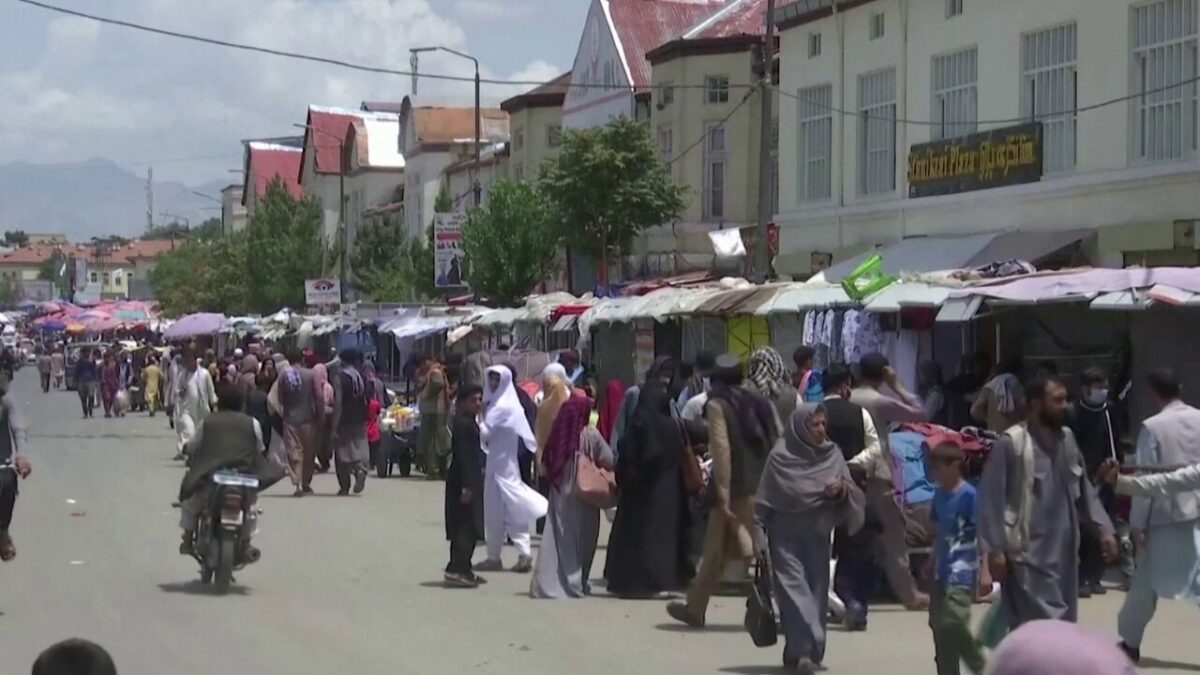KABUL, Afghanistan — The Taliban announced a new initiative on Sunday to curb customs and traditions they deem “undesirable” or “contrary to Sharia law,” as part of their continued campaign of restrictions on personal and social freedoms in Afghanistan.
The Taliban-run General Directorate of Administrative Affairs said in a statement that the directive came from the Taliban’s leader, Hibatullah Akhundzada.
The statement added that a joint meeting involving multiple Taliban ministries had finalized and approved the plan.
Details of the plan, including what constitutes “undesirable customs,” have not been made public, raising concerns among Afghan citizens and human rights activists that the initiative will lead to further curtailment of freedoms.
Critics argue that such policies are aimed at imposing Taliban ideology on Afghan society and limiting individual and social liberties.
“Taliban laws are systematically targeting the social and human freedoms of women and girls in Afghanistan,” said Seema Noori, a human rights activist. “These restrictive measures threaten the lives of millions in Afghanistan. Continuing such policies will have devastating consequences for the people of Afghanistan.”
A Kabul resident echoed these concerns, saying, “The Taliban’s restrictions grow by the day. They are taking away our freedom and joy with these measures.”
The Taliban have convened officials from several ministries—including the Ministry for the Promotion of Virtue and Prevention of Vice, the Ministry of Information and Culture, the Supreme Court, and the Ministries of Justice, Education, and Higher Education—to draft and approve the plan.
“The meeting, held under the instruction of Hibatullah Akhundzada, finalized the plan to prevent extravagant, un-Islamic, and undesirable customs,” the statement said.
While the specifics of the plan remain unclear, reports from human rights organizations suggest that the Taliban have imposed some of the harshest restrictions on Afghan citizens—particularly women—over the past three years.
Since taking control in August 2021, the Taliban have introduced sweeping limitations on women’s rights and freedoms, including bans on education beyond sixth grade, prohibiting women from attending universities, and barring women from public spaces without a male escort. Women’s voices have even been labeled “unlawful to hear,” and women journalists face restrictions in the media.
These policies, rights groups say, have systematically dismantled the rights of women and girls in Afghanistan, effectively erasing them from public life.
“The Taliban’s ongoing restrictions are not just rules; they are a blueprint for suppressing joy, freedom, and basic human rights,” Ms. Noori said.





